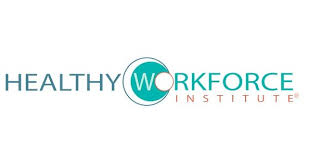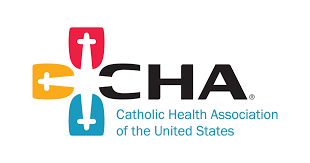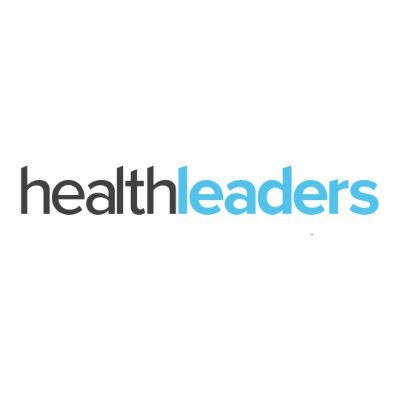 Staffing
Staffing
7 strategies healthcare leaders can use to turn around toxic workplace culture

Editor's Note Culture change in healthcare does not come from quick fixes or sweeping overhauls but from steady, intentional leadership, said transformational consultant Priscilla Myers on a September 10 article published by the Healthy Workforce Institute and authored by speaker, author, and consultant Renee Thompson DNP, RN, FAAN. Myers shared…
5 reasons why perioperative leaders deserve to attend the 2025 OR Manager Conference

Editor's Note This October 28–30, perioperative leaders will gather in Anaheim, California, for the OR Manager Conference—the only event designed exclusively for OR, ASC, PACU, and SPD managers and directors. More than a conference, it is an immersive experience that blends education, networking, and practical solutions to help perioperative leaders…
Report warns sterile processing staffing crisis threatens surgical safety

Editor's Note Sterile processing departments (SPDs) face chronic staffing shortages and underinvestment that put surgical patients at risk, according to a Surgical Directions September 18 report. It emphasizes that sterile processing technicians, who decontaminate, inspect, and sterilize every surgical instrument, remain under-recognized despite their central role in surgical safety. Per…
Health systems report dramatic nurse retention gains through residency, development programs

Editor's Note Two of the nation’s largest health systems are reporting major progress in nurse retention after investing in structured residency programs, mentorship, and professional development. According to a September 10 article from the Catholic Health Association of the United States, CommonSpirit Health has boosted new nurse retention to 86%…
Kansas nurses warn licensing board’s rules leave them vulnerable to career-ending penalties

Editor's Note Nurses in Kansas are raising alarms that the state’s licensing system is punishing them for minor mistakes and lapses, leaving many unable to work, according to a series of reports by KWCH between August 27 and September 12. Lawmakers are now pressing the Kansas State Board of Nursing…
Hospital complaints surge as oversight gaps leave patients frustrated

Editor's Note Patient complaints against hospitals have skyrocketed, rising 79% in just 5 years and topping 14,500 in fiscal year 2024, HealthLeaders September 12 reports. The surge reflects not only mounting dissatisfaction with care experiences but also systemic oversight delays that leave concerns unaddressed, fueling mistrust in hospitals. The Centers…
Study shows new nurses need a year to be ready for independent practice

Editor's Note Most newly licensed nurses require about 12 months before they can practice autonomously, a HealthLeaders September 8 analysis reports. The article highlights findings from a recent National Council of State Boards of Nursing (NCSBN) study of 200 nurses, 74% of whom reported that a full year was necessary…
From checklists to culture: Practical steps for leaders to strengthen OR safety

The OR has a planned rhythm that relies on training, checklists, and teamwork to turn the complex surgical environment into an elegant orchestration that keeps patients safe. But efficiency and a climate of safety do not just happen—they depend on culture. When teams communicate openly, follow standards consistently, and feel…
Back to Business: Budgeting for Sustainable Staffing Models in the OR

Editor's Note As hospitals face mounting workforce and financial pressures, budgeting skills are essential for today’s OR leaders. In this preview video, Cara Cook and Susie Law, RN, of Smart Healthcare Operations, share highlights from their upcoming session at the OR Manager Conference, "Finance and Productivity in the OR: Budgeting…
Healthcare job gain in August offset by losses in federal government, other industries

Editor's Note Healthcare employment in the US rose by 31,000 from August to September, according to the latest report from the Bureau of Labor Statistics (BLS), released on September 5. However, this “job gain…was partially offset by losses in [the] federal government and in mining, quarrying, and oil and gas…

 Free Daily News
Free Daily News